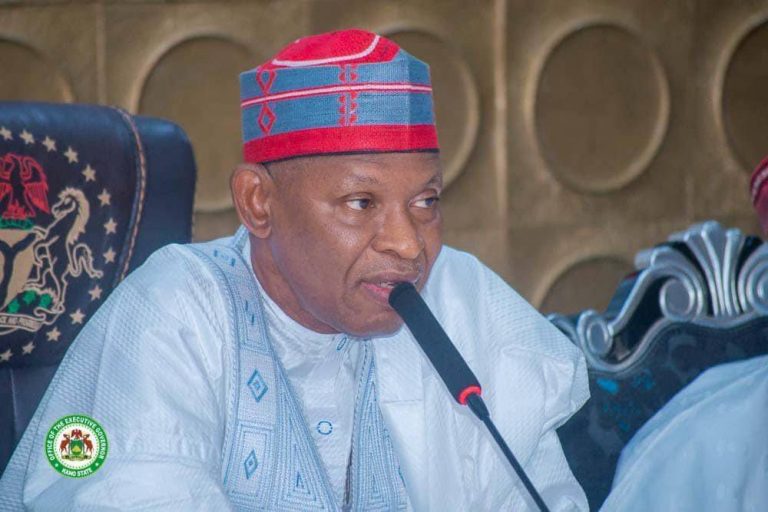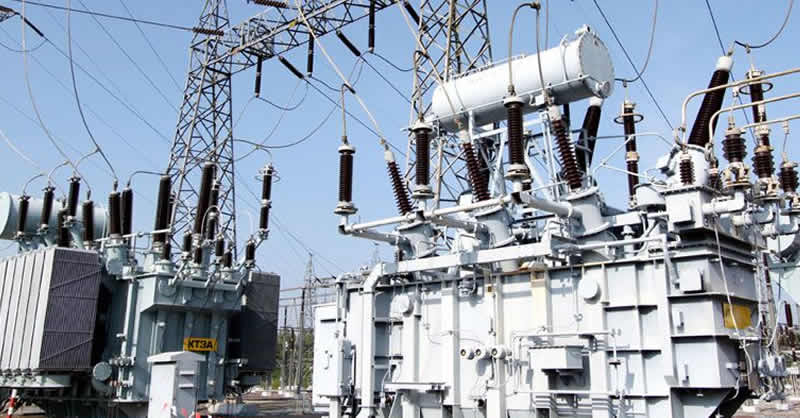In a shocking revelation, the BBC Global Disinformation Team has uncovered that Russian pro-war influencers are capitalizing on the ongoing conflict in Ukraine to amass substantial advertising revenues through their social media coverage.
These influencers, often referred to as “Z-Bloggers” in Russia due to their staunch support for the war symbolized by the letter Z, have leveraged their significant following to share a barrage of gruesome videos depicting drone strikes and spread false claims about Ukraine’s President Volodymyr Zelensky. What’s more, they unscrupulously advertise everything from cryptocurrencies to fashion products.
Operating on platforms like Telegram, these influencers are frequently embedded with the Russian army, allowing them to capture and share footage from the frontlines, where they actively encourage young Russians to enlist.
The surge in users on Telegram, stemming from President Vladimir Putin’s ban on Instagram, Facebook, and Twitter, has resulted in a flourishing advertising market on the platform. Pro-war influencers are cashing in on this opportunity by selling ad space to companies eager to target their youthful audience.
The BBC’s Global Disinformation Team went undercover as hotel owners interested in advertising on these channels to determine the rates charged by these influencers. They approached some of the most prominent figures in this realm, including Alexander Kots, a veteran correspondent turned war influencer with over 600,000 followers on his personal Telegram channel. Kots quoted prices ranging from 48,000-70,000 roubles (£440-£680) per post, depending on how long the ad would stay at the top of his Telegram feed. Meanwhile, WarGonzo, one of the most well-known Z-bloggers with over 1.3 million followers, quoted a staggering £1,550 per post.
Considering that top war influencers post at least one ad daily, their potential income far exceeds Russia’s average monthly wage of 66,000 roubles (£550).
Notably, these influencers have varying levels of war reporting experience, with some having worked for state-run media, while others, like Maryana Naumova, have no professional training. Naumova, a former powerlifter, underwent a reporting course on a Wagner mercenary base and now hosts her own show on national TV.
The BBC attempted to interview these influential bloggers, but only Alexander Kots agreed to speak. He described himself as a reporter in an information war and acknowledged his role in Russia’s propaganda efforts.
Furthermore, the growing market for Z-bloggers’ content thrives on exclusive videos that attract a diverse audience, from domestic pro-war viewers to Western and Ukrainian analysts seeking insights into the Russian military.
However, it’s crucial to note that not all content posted by these pro-war bloggers is authentic. The BBC uncovered several instances of fake videos, including one where Z-bloggers claimed to show Ukrainian soldiers mistreating civilians. The BBC’s analysis revealed that the video was staged and geolocated to an area occupied by pro-Russian proxy forces, making it impossible for a uniformed Ukrainian soldier to be present.
These influencers’ reach has proven significant, with some viewers attributing their decision to enlist in the war to the content they consume from Z-bloggers. President Putin has also acknowledged their efforts, appointing some of them to various positions and inviting them to the Kremlin for discussions.
While Telegram maintains that it provides a platform for independent media outlets and international news, it faces scrutiny for its role in facilitating the spread of war propaganda.
The rise of pro-Putin war bloggers and their financial gains from promoting the conflict underscore the complex challenges of information warfare in today’s digital age.
Source: BBC
Advertisement





